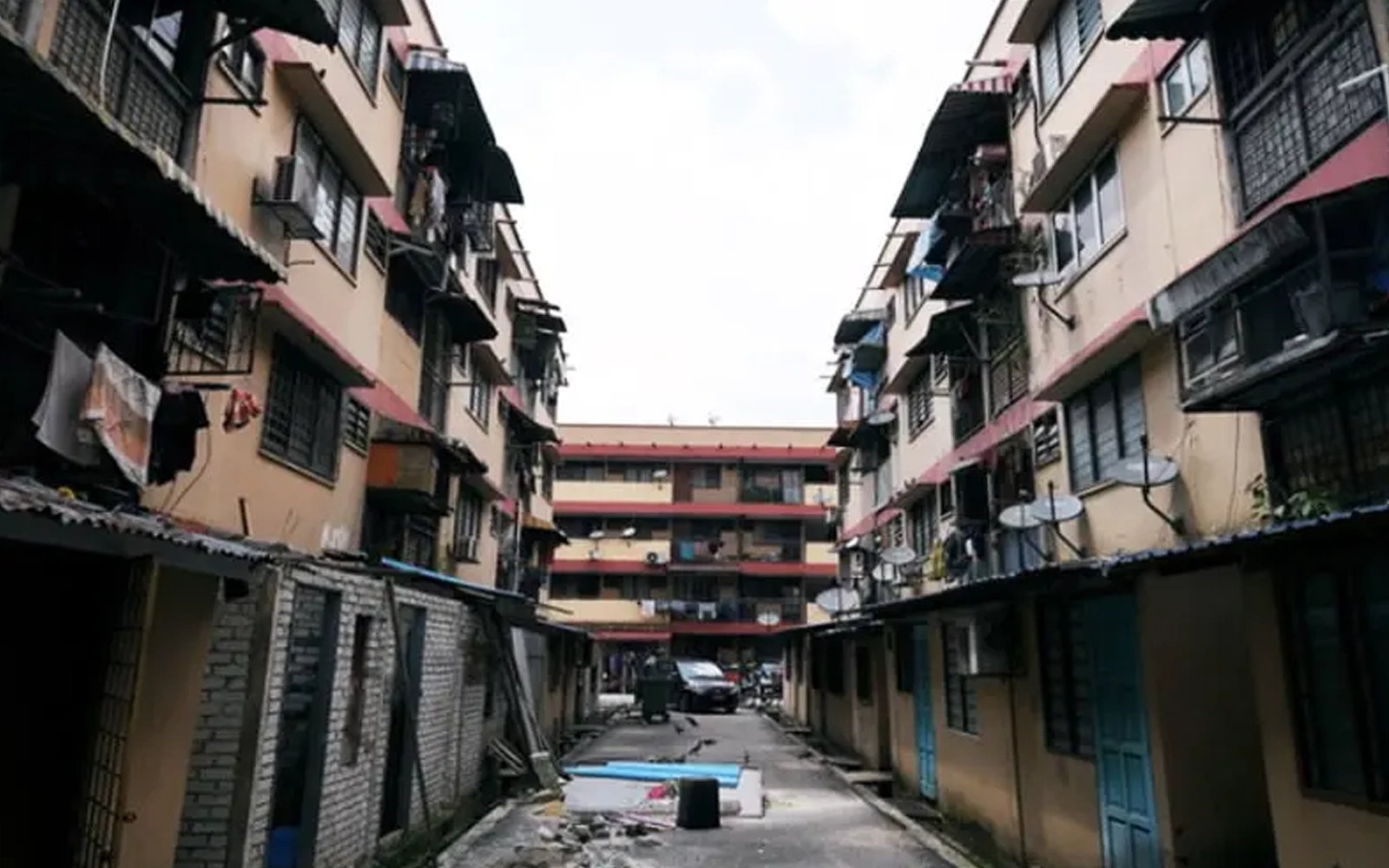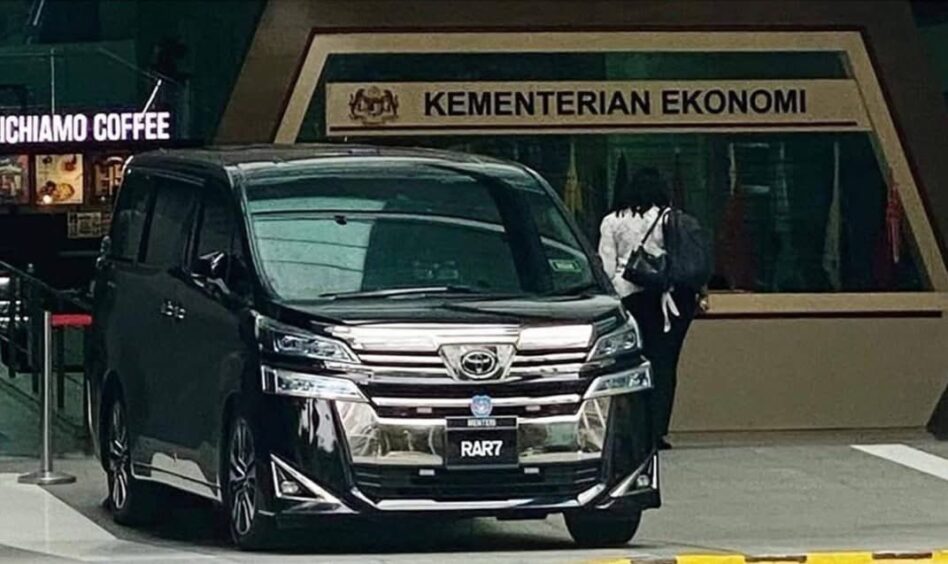Letter to Editor
IT is a pity that the current debate about the Urban Renewal Act has taken the form of sectarian ethnocentric concerns rather than looking at the renewal from the eye of the common good, that would take into consideration the various aspects of an urban life that affects the common people.
Politicians from PAS should do better by asking pertinent questions that affect the poor and the middle class instead of categorising the urban renewal act into a simplistic ethnic issue.
The proposed law seeks to give a federal executive committee and state-level executive committees the power to redevelop and revitalise buildings or land parcels, or carry out regeneration projects on abandoned buildings, without having to get the unanimous approval of owners.
The question is whether the proposed law in essence help in the housing woes of the urban poor and middle class who are finding difficulties in owning homes due to high prices.
There are many poor households who live on land owned by the government or its government-linked companies (GLCs). Where will these people go if they ask to vacate the land?
Will they be settled in housing projects in far-away areas where their working ecosystem is affected? Many of them merely survive from odd jobs without much mobility.
What about land owned by churches, temples and mosques? How will the Urban Renewal Act affect religious communities in urban areas?
What about issues related to parking?
For example in Ipoh where a popular shopping mall is nearby, a parking area has been converted into an apartment project and a nearby parking owner has taken advantage by raising his parking ticket fee from RM3 previously to RM4 for weekdays and RM5 for weekends.
Will the urban renewal plan address such concerns where the decision of state authorities to grant housing projects to developers who cater for rich house buyers burden the low income earners who have to accept a higher parking fee that increases the cost of living in an already inflationary environment?
The government should look into transforming certain abandoned buildings to public housing projects.
For example the iconic Sungai Pari Towers in Buntong suburbs in Ipoh that was built in 1963 for the low income people of Ipoh has been abandoned for years which could have been restored for the poor urban settlers.
It is a pity that the building stands abandoned to this day due to conflicting commercial interests of what is to be done to the building.
Raising questions of this sort would lead to better understanding of the implication of the act to the lives of the common urban people.
Therefore the Association for Welfare, Community and Dialogue (ACID) would like to urge the federal lawmakers to view the Urban Renewal Act from the perspective of the common good that would give the Act a proper perspective.
Good governance is about coming up with laws that serve the needs of all, and every aspect of the law and implementation should be scrutinised to ensure the right balance between commercial interest and overall well-being of the people.
Urban issues are too complex to merely view it from ethno-centric or commercial purposes. Serving the common good should be the way forward. – March 4, 2025
Ronald Benjamin is a human resources practitioner based in Ipoh. He is currently secretary of the Association for Community and Dialogue.
The views expressed are solely of the author and do not necessarily reflect those of Focus Malaysia.
Main image: Bernama









